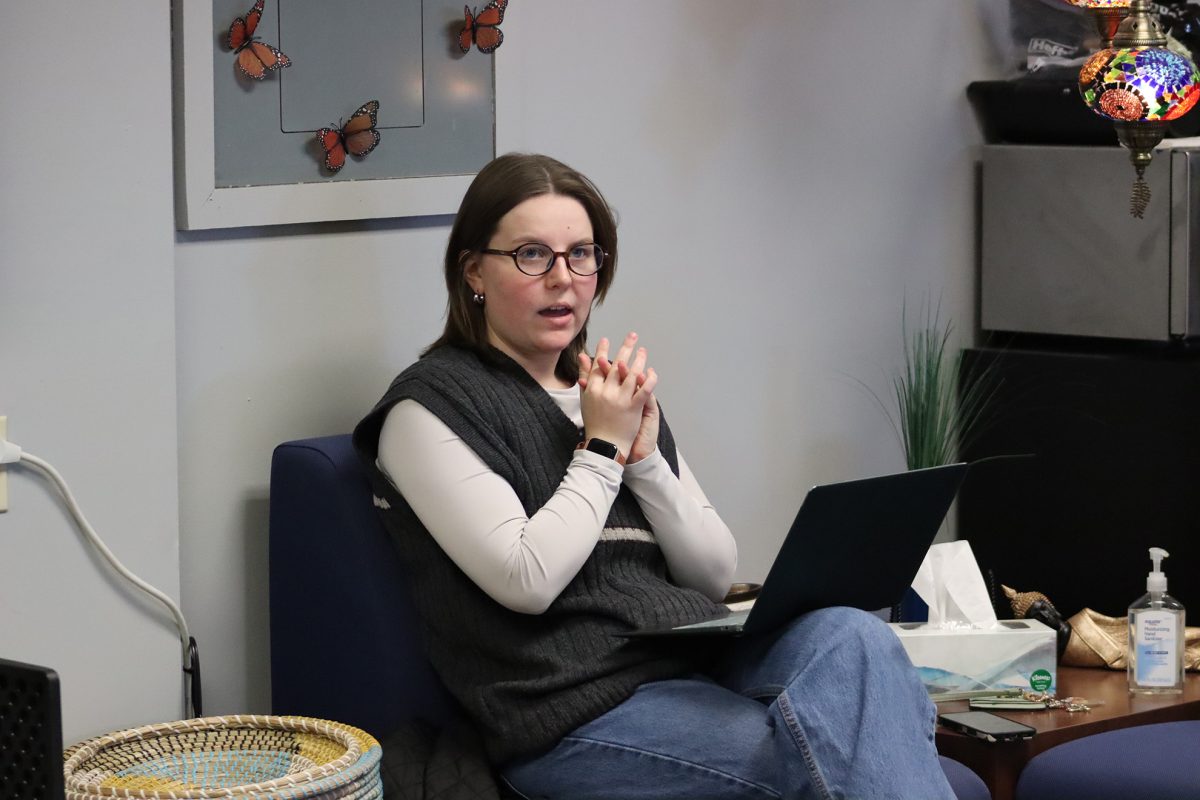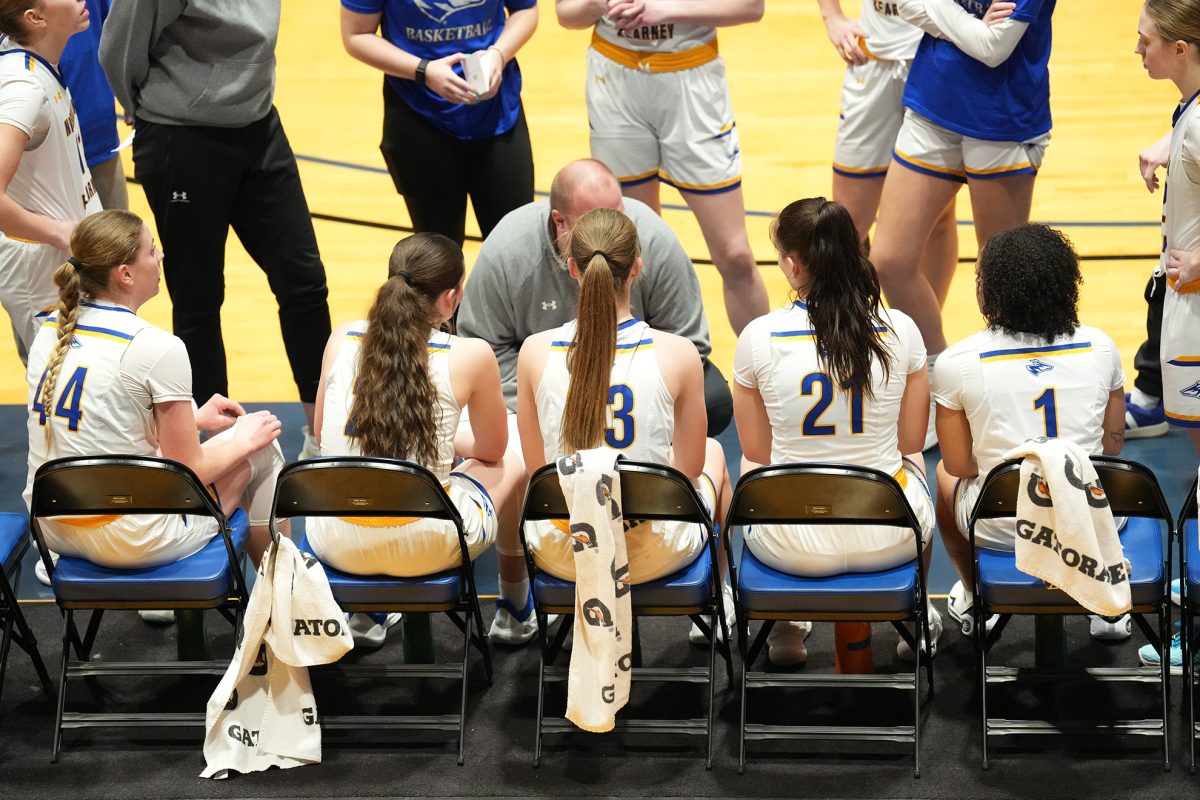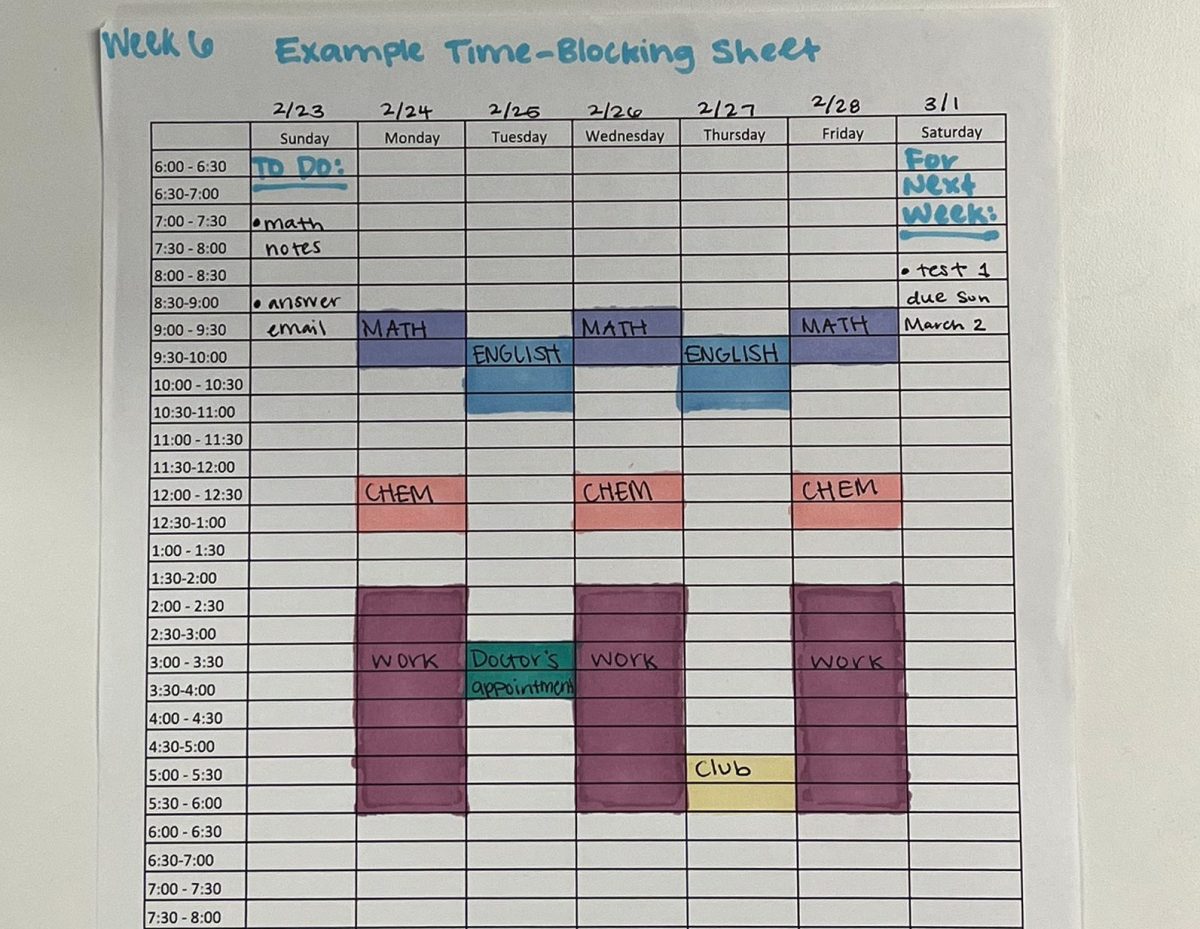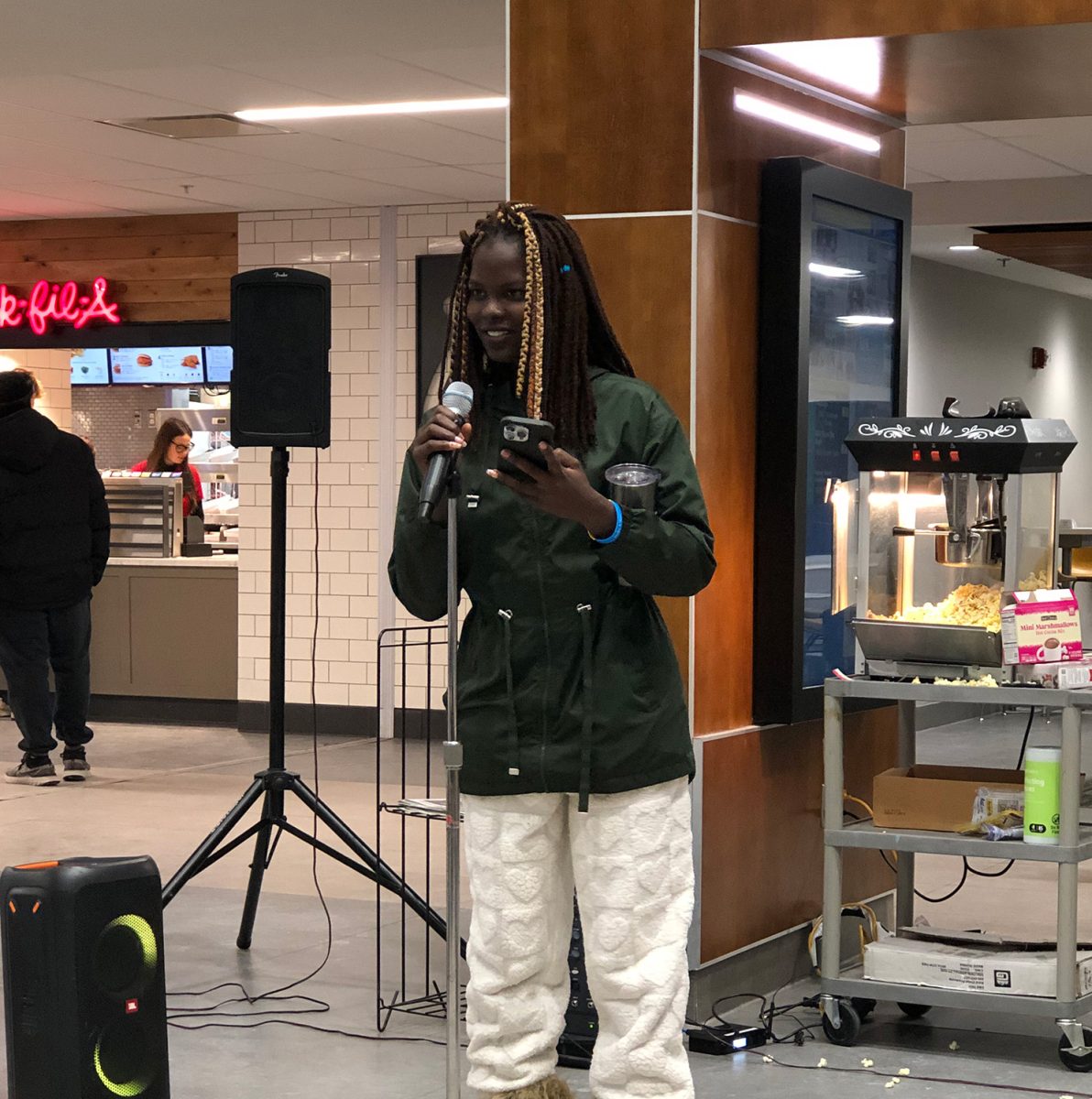BRAYDON CONELL
Following the Midterms in November, the Democrats regained control of the House of Representatives with a 36-seat lead and majority. Some races are still too close to call, so the gap may still change.
In addition to a new Democratic majority meaning a change in leadership, this next Congress is set to be the most diverse group of representatives in the United States in the over 200-year history of the House of Representatives.
Of the 435 representatives, this will be the first year for 100 members. The first Native American congresswoman and the first Muslim congresswomen will be serving in 2019, in addition to another 42 women. In the House, women led the charge for a win for the Democrats because they won over 60 percent of the seats Democrats flipped. Further, 23 people of color will serve as new members to the House. Andy Kim, Democrat from New Jersey, will be the first Korean-American in Congress since the 1990s, and Rashida Tlaib, a Democrat from Michigan, will be the first Palestinian-American to be elected. The ideological makeup of the next Congress will also be highly diverse, including 25 progressive Democrats.
Despite the large portion of freshmen-elects to the new Congress—roughly 1/4th of the House—and resulting legislative inexperience, policy measures and massive changes are not being sacrificed. Across the board, plans are already being drawn up to tackle America’s, and the world’s, most pressing issues.
Already, Senator Bernie Sanders (D-VT) has proposed a resolution to stop American military involvement in Yemen. On Nov. 29, the Senate voted 63-37 to advance the movement, a clear rebuke to Trump’s militaristic intervention. Yemen has become one of the world’s worst humanitarian disasters, and the resolution is one step in reclaiming the Senate’s authority over matters of war and peace. Also, it would force Trump to dial back the U.S. military’s role in the distant conflict. If Congress does not see this resolution through, Sanders will undoubtedly propose it again in the next session.
In fact, national security in general will likely be an important topic addressed come January. One in five new freshmen members of Congress will bring national security experience to Capitol Hill. Additionally, multiple new veterans from recent wars such as Iraq and Afghanistan will bring a fresh perspective to military affairs.
Another top priority that has emerged is climate change. With the release of the recent federal government report on the climate, the nation has been shown that the consequences are real and are already taking place.
In January, Congress is set to start tackling this issue. To take a proactive stance now, however, Senator Sanders lead a national town hall called “Solving Our Climate Crisis” on Monday. The event was live streamed on Facebook, YouTube and Twitter. The Town Hall was also facilitated by Representative-elect Alexandria Ocasio-Cortez, actress and activist Shailene Woodley and others.
Ocasio-Cortez is already going a step further and has joined the Sunrise Movement, a climate group led by young people. The Sunrise Movement recently held a sit-in at Nancy Pelosi’s office. Last Wednesday, the group said at least 15 Democrats are willing to sign onto supporting the formation of a select committee on climate change. Ocasio-Cortez and her supporters are calling it the “Green New Deal”. Rep. Chellie Pingree (D-ME) voiced her support, saying “the Green New Deal is an important blueprint for us to fight this crisis on all fronts. Congress should not leave any thoughtful climate change solution unexplored.” Pingree is a farmer from Maine and has seen the affects climate change has on the economy. The Green New Deal will also become a test for the Democratic Party as they grapple with the progressive shift in the party.































